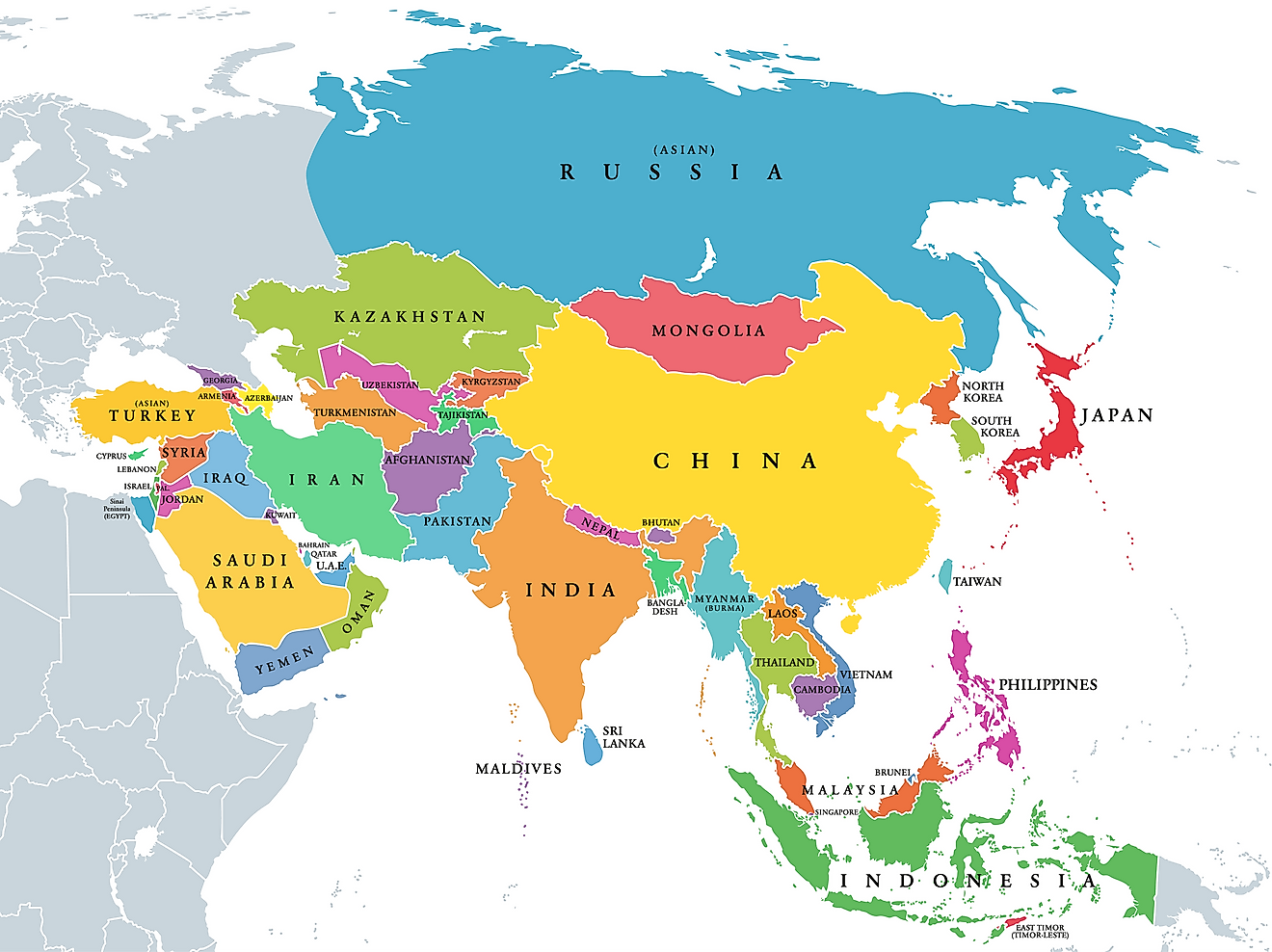What is a CBD (Central Business District)?

A Central Business District (CBD) is a city’s focal point or business and commercial center. The area is characterized by a concentration of commercial land use with a high number of commercial offices, retail shops, and services such as finance and banking. The CBD is also the cultural and transportation center of the city. The city’s history is almost always reflected by the type and shape of its central business district. Some megacities, especially in Asia, have more than one CBD scattered across the city. However, each CBD is unique in terms of their spatial shape. Terms such as the financial district, downtown, and city center are sometimes used to refer to the CBD.
Defining the CBD
The CBD is more about perception as it has no particular boundary. There have been attempts to delineate boundaries of the CBD in vein. Most people can instinctively or visually see where the area starts and ends. In Australia, CBD refers to an area in state capital cities with a high concentration of skyscrapers. In Canada, CBDs are referred to as downtowns highlighted by skyscrapers. Downtown Toronto is considered Canada’s largest CBD. In France, the phrase “quartier d’affaires” is used to describe a CBD while in Germany the terms “Stadtzentrum” and “Innenstadt” are used to describe the same.
History of the CBD
In ancient cities, the CBDs developed from market squares. During market days, consumers, merchants, and farmers would meet at the center of the city to conduct their businesses and buy goods. Slowly, the market place would grow and become proper urban centers. As the city grew and developed, an area would be designated as the CBD where commercial and retail took place. In most cases, the CBD would be restricted to the oldest part of the city or near major transportation routes such as railroad or highway. With time, the CBD evolved into a financial center and also a center for government and other important offices. In the early 20th century, cities in America and Europe had CBDs that were primarily retail and commercial centers. However, by the mid-20th century, the CBDs had expanded to include office spaces and commercial businesses. Skyscrapers replaced the old buildings.
CBDs Today
By the end of the 20th century, the urban area considered as the CBD had become generally diverse and a metropolitan area. CBDs have the highest concentration of land use with different specialist areas. The region is not only a retail and commercial center but also residential, entertainment, medical, government, cultural, and financial center. Today, experts such as lawyers, doctors, financiers, directors, bureaucrats, and government officials have their workplaces or offices in the city center or CBD. The combination of the residential area and shopping malls have given CBDs new life. One can now shop, be entertained, eat, and sleep within the CBD. Some of the CBDs across the world operate 24 hours, with nightlife commonly characterized by entertainment. However, they are still far more populated during the day. The largest CBDs are located in big cities of a country, mostly the capital and largest cities.











